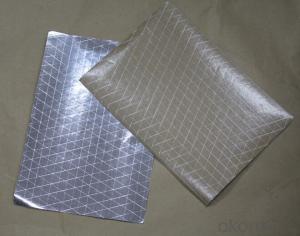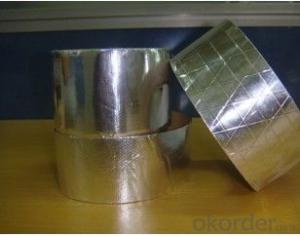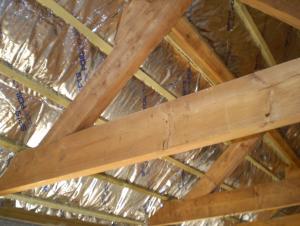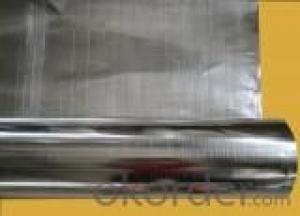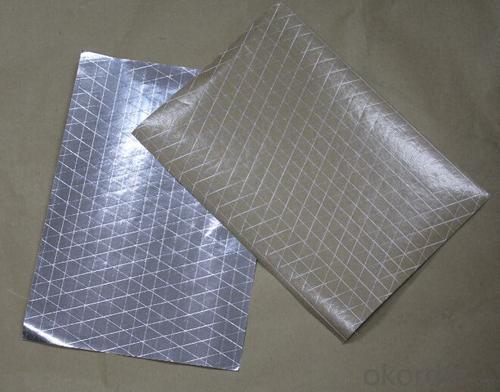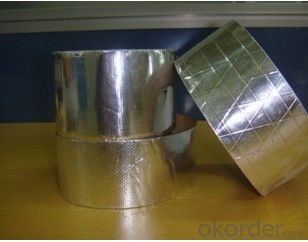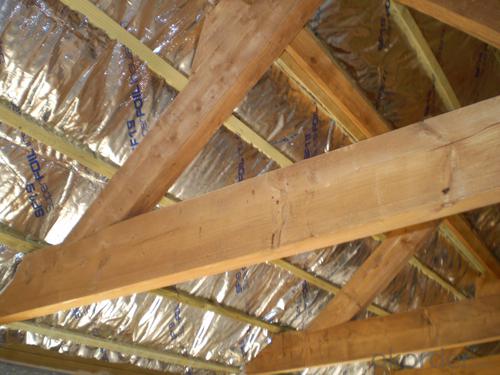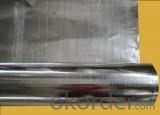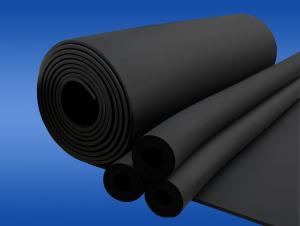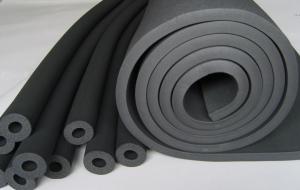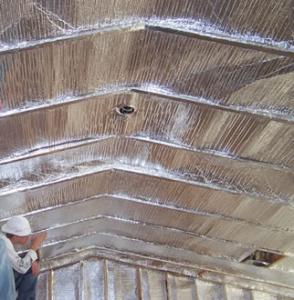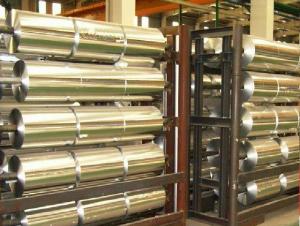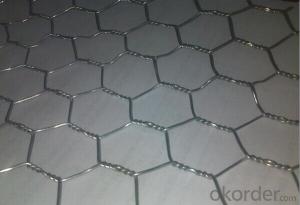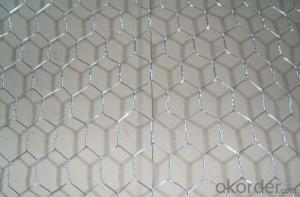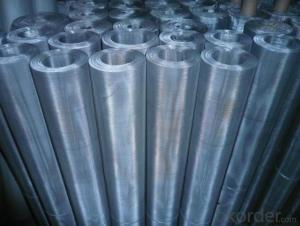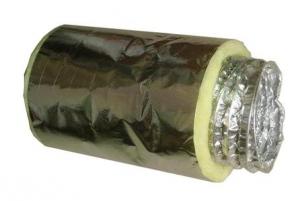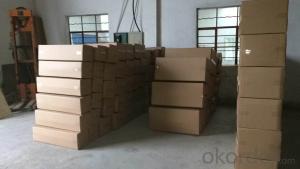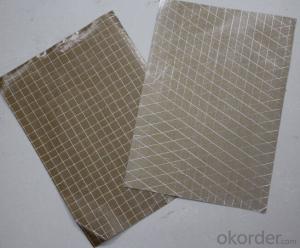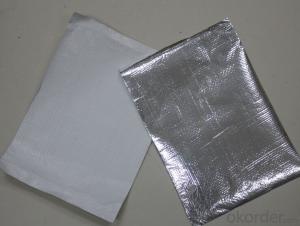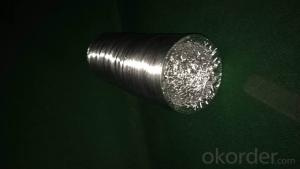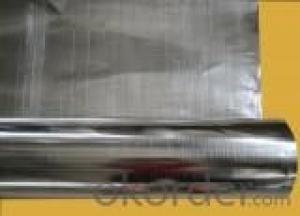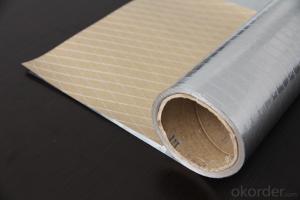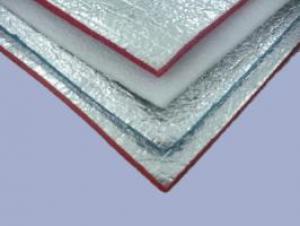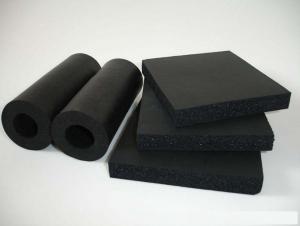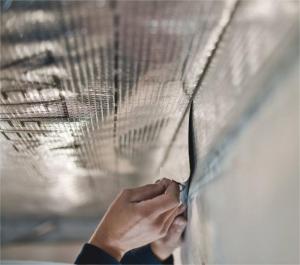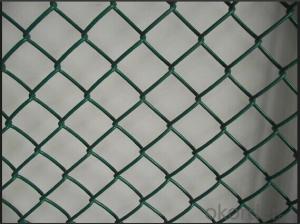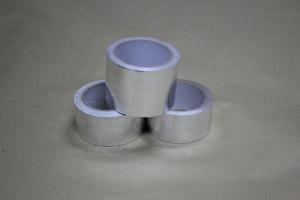Aluminum Foil Facing Insulation Flexible Ducts Bubble Foil AL+PET+LDPE
- Loading Port:
- Tianjin
- Payment Terms:
- TT OR LC
- Min Order Qty:
- 12 m²
- Supply Capability:
- 30000 m²/month
OKorder Service Pledge
OKorder Financial Service
You Might Also Like
).Raw material for Aluminium: 1235-0, 8011
Raw material for PET: New PET ,OPP is also available
2).Different kinds:
| structure | Normal laminated thickness | Width | Length | Color | ID | OD | Packin |
| AL+PET+LDPE | 7umAlu+15umPet+3umGlue | 6mm-1000mm as your required | 500m-7000m | Silver blue bronze black others | 2"or3" | 250mm-600mm | polybag caron pallet
|
| 9umAlu+12umPet+3umGlue | |||||||
| AL+PET+AL | 6umAlu+15umPet+6umAlu+6umGlue | ||||||
| PET+AL+PET | 15umPet+7umAlu+15umPet | ||||||
| AL+PET+EAA | 7umAL+15umPET+25umEAA+6umglue | ||||||
| AL+PET+AL+EAA | 7umAlu+15umPET+7umAlu+25umEAA+9umglue | ||||||
| PET+PET | 15umPet+15umPet +3umGlue | ||||||
| Polyester Tape | 15um,18um |
3).Certificaton: SGS
4).Specifications:
The following is the single side aluminium mylar tape specifications for you take reference:
Description: Al+PET Tape(AL/myler Tape) | ||||
Composition:aluminium foil and polyester film | ||||
Structure | Thickness(um) | Proportion(g/m2) | Elongation(%) | Strength(N/15mm) |
6um AL/12um PET | 20 | 36 | 30 | 2.7 |
7um AL/15um PET | 25 | 43 | 35 | 2.7 |
7um AL/20um PET | 30 | 50 | 35 | 3 |
9um AL/12um PET | 25 | 45 | 30 | 2.7 |
9um AL/15um PET | 30 | 49 | 35 | 3 |
9um AL/20um PET | 35 | 55 | 35 | 3 |
9um AL/25um PET | 38 | 62 | 35 | 4 |
12um AL/12um PET | 25 | 53 | 20 | 2 |
12um AL/15um PET | 30 | 57 | 20 | 3 |
12um AL/20um PET | 35 | 63 | 30 | 4 |
15um AL/15um PET | 30 | 65 | 20 | 3 |
25um AL/15um PET | 45 | 92 | 20 | 3 |
30um AL/25um PET | 60 | 119 | 20 | 3 |
30um AL/30um PET | 65 | 126 | 20 | 5 |
40um AL/30um PET | 75 | 153 | 20 | 5 |
40um AL/38um PET | 80 | 163 | 20 | 5 |
50um AL/25um PET | 90 | 173 | 20 | 5 |
50um AL/50um PET | 100 | 207 | 35 | 6 |
Above values refer to our current production and must be intended as average values | ||||
The reference is not including all specification. | ||||
- Q: Explain the distinct features of aluminum foil facing compared to other food covers.
- <p>Aluminum foil facing is a type of food cover that is made from thin sheets of aluminum, known for its high heat conductivity, moisture resistance, and ability to seal in freshness. It's often used for cooking, baking, and preserving food. Other types of food covers include plastic wraps, which are more flexible and cling to food surfaces but may not be as effective at heat conduction or preserving freshness; glass or ceramic lids, which are reusable and provide an airtight seal, but are heavier and not as convenient for single-use applications; and silicone covers, which are heat resistant and can be reused, but may not seal as tightly as aluminum foil.</p>
- Q: This question asks for the proper method of using aluminum foil to wrap food, with emphasis on the correct side of the foil facing outward.
- <p>To wrap food correctly with aluminum foil, you should use the dull side of the foil facing outward, which is in contact with the food. The shiny side has a non-stick surface and is not recommended for direct food contact as it may contain substances that could potentially leach into the food when heated. Start by cutting a piece of foil large enough to fully cover the food. Place the food in the center, then fold the foil over, crimping the edges to seal tightly. This will help retain moisture and heat, and prevent any potential cross-contamination.</p>
- Q: This question asks for clarification on the distinction between two types of aluminum products: aluminum foil facing and aluminum foil sheet.
- <p>Aluminum foil facing is a thin layer of aluminum laminated to a substrate, typically used in construction for insulation and moisture barrier purposes. It provides a reflective surface that can enhance energy efficiency by reflecting heat. On the other hand, aluminum foil sheet is a flat, flexible material made of pure aluminum or aluminum alloy, commonly used in cooking, food packaging, and crafts. It is not bonded to any other material and is available in various thicknesses and widths. The primary difference lies in their applications and composition; foil facing is part of a composite material for construction, while foil sheets are standalone materials for a variety of uses.</p>
- Q: Can aluminum foil be utilized as a substitute for a frying pan to cook fried rice or stir fry dishes?
- <p>Using aluminum foil to make fried rice or stir fry dishes is not recommended. Aluminum foil is not designed for direct contact with high heat and can melt, leading to uneven cooking and potentially releasing harmful substances into the food. Instead, use a proper non-stick pan or wok designed for high-heat cooking to ensure even heating and prevent food from sticking, which is essential for quick and easy stir frying.</p>
- Q: This question asks for methods to clean aluminum foil after it has been used for cooking and has old food stuck to it.
- <p>To remove old food from aluminum foil facing after cooking, start by letting the foil cool down to avoid burns. Then, use a plastic scraper or the edge of a credit card to gently scrape off the food particles. For stubborn residue, you can soak the foil in warm, soapy water for a few minutes before scrubbing with a soft sponge or cloth. Avoid using metal scrubbers as they can scratch the foil. After cleaning, rinse thoroughly and dry before storing or reusing.</p>
- Q: What are the potential health risks associated with cooking food using aluminum foil?
- <p>Cooking with aluminum foil can potentially lead to the leaching of aluminum into the food, which may have health implications. While the body naturally eliminates small amounts of aluminum, excessive intake can be harmful. Aluminum has been linked to neurological disorders, including Alzheimer's disease, although the connection is not definitively proven. It's also important to note that the amount of aluminum that leaches into food during cooking is generally considered to be low. However, for those concerned about aluminum exposure, it's advisable to minimize the use of aluminum foil in cooking, especially for acidic foods which can increase the rate of aluminum leaching.</p>
- Q: The user is asking if it's possible to use aluminum foil with a reflective side to create a container for holding a salad.
- <p>Yes, you can use aluminum foil facing to make a salad bowl. Simply take a large piece of aluminum foil, preferably the shiny side facing out, and shape it into a bowl by folding the edges up and around. Ensure the foil is large enough to hold the salad and has no sharp edges. This makeshift bowl is great for picnics or outdoor events, but remember it's not meant for long-term storage or cooking purposes.</p>
- Q: Is it possible to recycle aluminum foil facing multiple times? If yes, what is the process involved?
- <p>Yes, aluminum foil facing can be recycled multiple times. The recycling process involves collecting and sorting aluminum waste, which is then shredded or crushed. The material is melted in a furnace at high temperatures, and the molten aluminum is poured into molds to form new products. This process can be repeated indefinitely without losing the quality of the aluminum, making it one of the most recycled materials globally. The recycling of aluminum saves energy and reduces the environmental impact compared to producing aluminum from raw materials.</p>
- Q: Is it safe and effective to use aluminum foil facing for baking purposes?
- <p>Yes, you can use aluminum foil facing for baking. It's a common practice to line baking sheets with aluminum foil to prevent food from sticking and to make cleanup easier. However, ensure the foil does not come into direct contact with the heating elements of the oven as it can melt. Additionally, avoid wrapping food in aluminum foil for extended baking times at high temperatures, as it may lead to uneven cooking or potential health concerns from aluminum leaching into the food.</p>
- Q: Is it safe and effective to use aluminum foil with a shiny side facing up to line a baking pan for baking purposes?
- <p>Yes, you can use aluminum foil facing to line a baking pan for baking. The shiny side of the foil, which is the aluminum side, is safe for direct contact with food and can be used to line pans for baking. It helps prevent food from sticking and makes cleanup easier. However, ensure the foil is heavy-duty to withstand high temperatures and does not tear easily. Always follow the manufacturer's guidelines for safe use and avoid overheating, as aluminum foil can melt at very high temperatures.</p>
Send your message to us
Aluminum Foil Facing Insulation Flexible Ducts Bubble Foil AL+PET+LDPE
- Loading Port:
- Tianjin
- Payment Terms:
- TT OR LC
- Min Order Qty:
- 12 m²
- Supply Capability:
- 30000 m²/month
OKorder Service Pledge
OKorder Financial Service
Similar products
Hot products
Hot Searches
Related keywords
